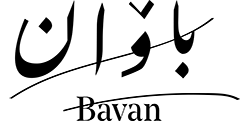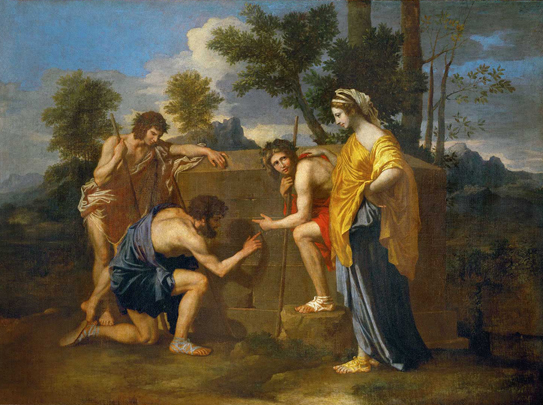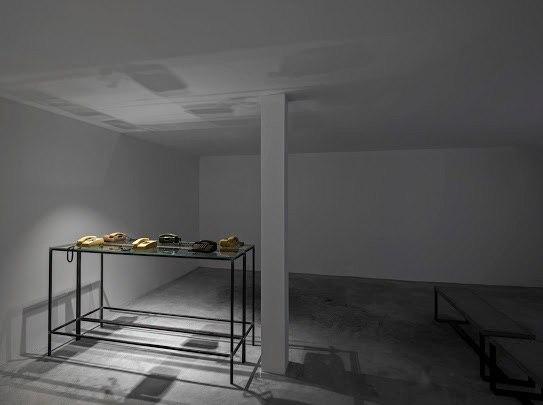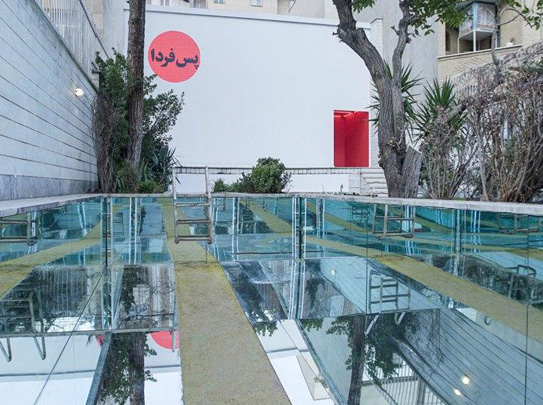* Habitat
Presented by Zahra Ghyasi, February 21-May 15,2020
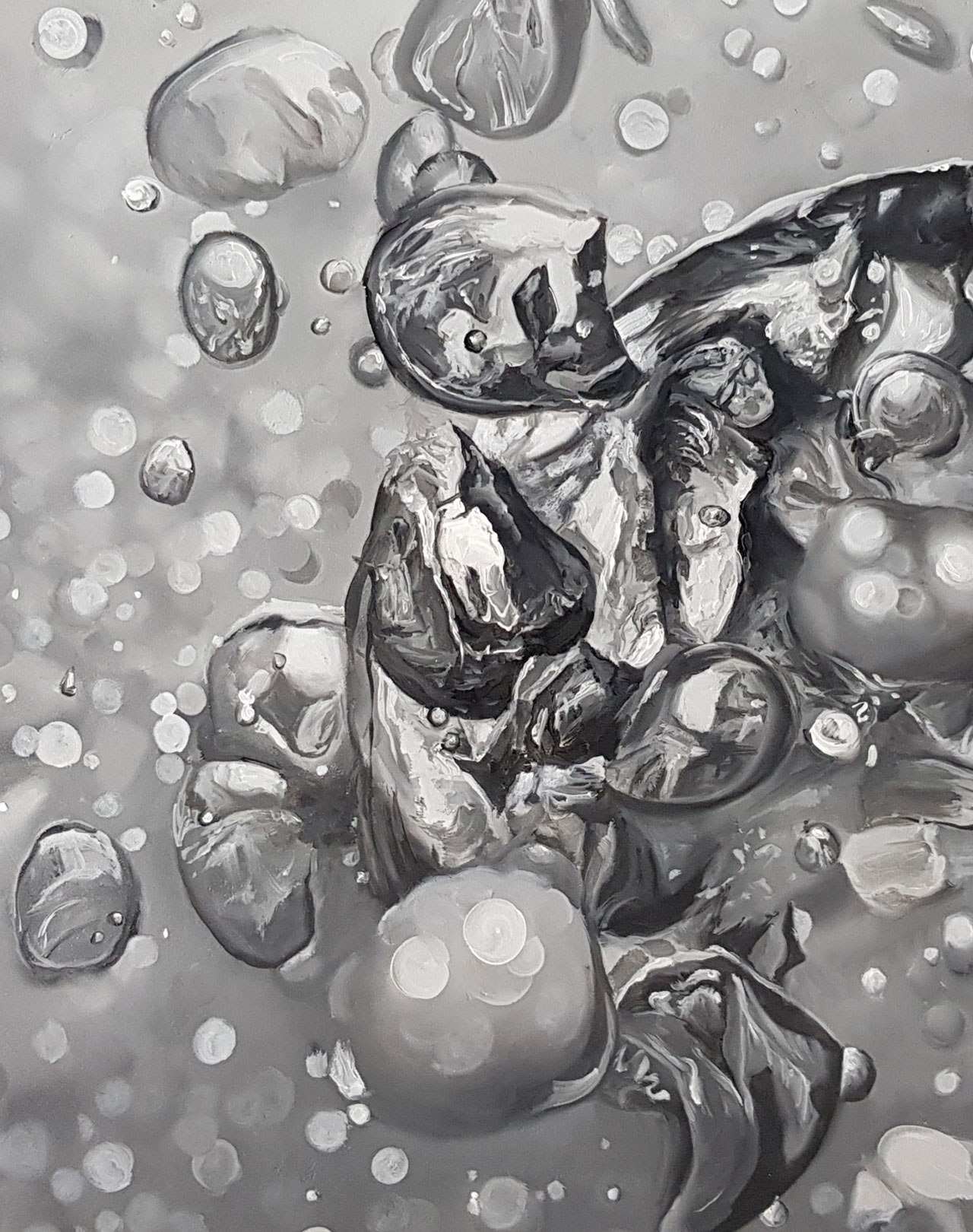
* Installation Views
* Individual Works
* Statement
The Earth is our planet and during millions of years, a frangible membrane of Life has emerged on the Earth’s surface. All the conditions necessary for the emergence of the living organism as we know and understand it, have come together, and through evolution and gradual transitions have created life with all its intricate and astounding forms. However, in recent millennia, after the human race gained sovereignty over this lively crust as the supreme species, they have changed the earth in a way that scientists today find it impossible to return to the planet’s former state. Immense changes in climate, ecosystems, extinction of certain species, genetic manipulation, the massive volume of waste and pollution, excessive farming and alterations in soil and air’s chemical structures, etc, have changed the planet and its landscape in our horizon.
Even our bodies have been affected by these new situations and have mutated.
In these new conditions, the lives of human and non-human creatures have transitioned into new frames, and Life itself has been searching for new paths toward its own sustainability. This exhibition looks to those works of art that regard the planet with its new conditions as a newly discovered land, works that reflect and rethink the notion of Zoe on this new planet.
-Zahra Ghyasi
-Zahra Ghyasi
* Press Release
Habitat group exhibition, exhibiting works of 10 artists: Mehrdad Afsari, Iman Ebrahimpour, Pooneh Oshidari, Shideh Tami, Hoda Zarbaf, Ali Phi, Samaneh Matallebi, Ali Honarvar, Zahra Ghyasi, and Adeleh Farzindar, will be held in Bavan Gallery, Tehran, From February 21st to March 13th, 2020.
Habitat is a multimedia exhibition that uses photography, sculpture, painting and new media such as video art to represent the environment surrounding the contemporary human being. With its industrial and economic activities, man has dramatically changed the climate of the planet earth. The earth has undergone a transformation due to human presence, and this transformation is visible in all aspects of modern life. Since the biggest and most important concern of humanity today is the environmental problems with which we all are obliged to deal in some way, this pressing issue has also found its way into the work of contemporary artists. Contemporary Iranian artists have also addressed environmental issues in their work in recent years. In this exhibition, the works are divided into two general sections based on the artist's view of the Anthropocene, some exploring fundamental changes in nature, and others looking at human existence in this world. Some of the works have been selected from previous collections of the artists which were consistent with the theme of the exhibition, but a number of works have been created exclusively for this exhibition and are exhibited for the first time. Adeleh Farzindar and Zahra Ghyasi have co-operated on a work of hybridization between sculpture and painting to talk about the cycle that man has changed by manipulating nature. In Ghyasi’s drawings, the defective cycle that causes genetic mutations in plants and all living things has found a portrayal.
Habitat is a multimedia exhibition that uses photography, sculpture, painting and new media such as video art to represent the environment surrounding the contemporary human being. With its industrial and economic activities, man has dramatically changed the climate of the planet earth. The earth has undergone a transformation due to human presence, and this transformation is visible in all aspects of modern life. Since the biggest and most important concern of humanity today is the environmental problems with which we all are obliged to deal in some way, this pressing issue has also found its way into the work of contemporary artists. Contemporary Iranian artists have also addressed environmental issues in their work in recent years. In this exhibition, the works are divided into two general sections based on the artist's view of the Anthropocene, some exploring fundamental changes in nature, and others looking at human existence in this world. Some of the works have been selected from previous collections of the artists which were consistent with the theme of the exhibition, but a number of works have been created exclusively for this exhibition and are exhibited for the first time. Adeleh Farzindar and Zahra Ghyasi have co-operated on a work of hybridization between sculpture and painting to talk about the cycle that man has changed by manipulating nature. In Ghyasi’s drawings, the defective cycle that causes genetic mutations in plants and all living things has found a portrayal.
Hoda Zarbaf and Shideh Tami focus more on the human body and its relationship to this new self-made environment. Zarbaf, through her volumes that resemble cancer cells, and Tami by painting featureless and emptied-out faces, represent our devastating situation in this world. Mehrdad Afsari is presenting his latest collection at the Habitat Exhibition. He has created a new unknown planet, which is unknown to us precisely because of the human presence in its landscapes. Afsari has represented the impossibility of representation and tells us there is nothing to see anymore. Ali Honorvar in his sculptures is trying to revive a nature that is on the verge of extinction. Honarvar observes these destructive changes and tries to preserve our memories through these volumes. Iman Ebrahimpour, with his unique approach regarding the representation of nature in his paintings, has worked on the deliberate destruction of nature by humans. Samaneh Matallebi in the work “Tardigrada” shows the unsuitable and uninhabitable conditions on planet Earth. Pooneh Oshidari, with a time-based installation in the pool of the Bavan Gallery, demonstrates the depletion of the ecosystems and the process in which they become inhabitable. In a video art, Ali Phi talks about new structures of the world and the central role that time plays in these structures. The theme of this exhibition is constituted around these artists' concern to face the earth’s new situation and the profound effects that humans have had on earth in a short period of their lives on this planet. To represent the world that we live in right now or the world that soon will be. This exhibition doesn’t concern itself with mourning the lost past but instead tries to spark a new way of survival into the light.
* Past Exhibitions
Curated by Hoofar Haghighi
January 24-February 14, 2020
January 24-February 14, 2020
Curated by Zahra Ghyasi
December 20,2019-January 17,2020
December 20,2019-January 17,2020
Revision at the House on Abdeh St.
Curated by Takin AghdashlooDecember 28, 2018-January 4, 2019

